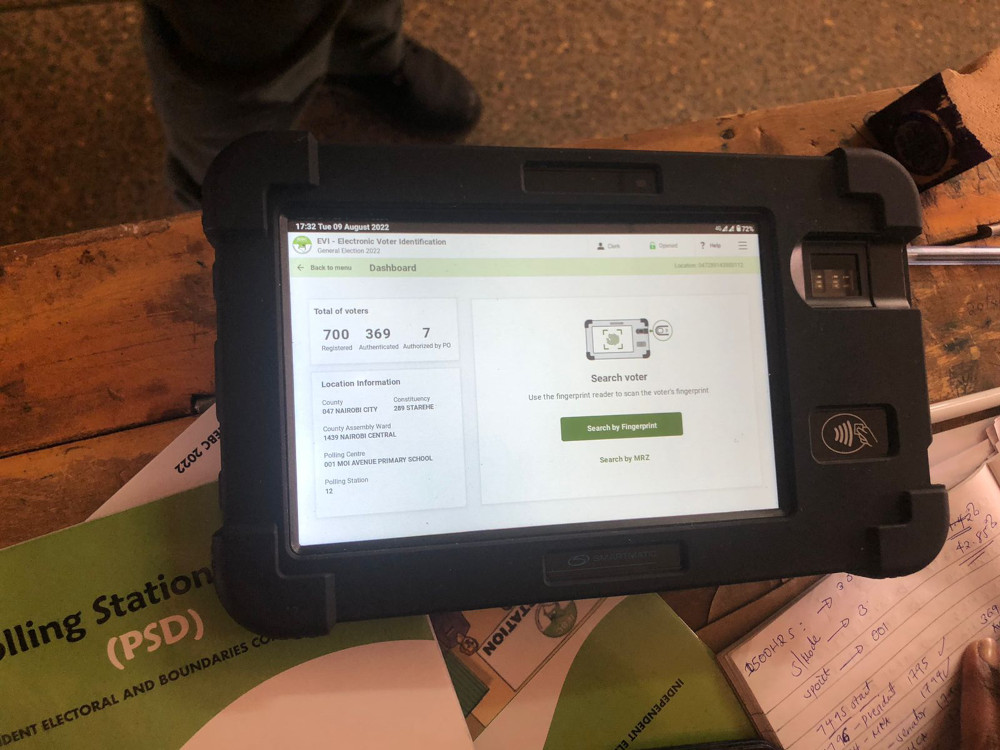By John Walubengo
The ongoing 2022 Presidential petition has convinced me that, going forward, the Independent Electoral and Boundaries Commission (IEBC) commission would greatly benefit if one of its commissioners was an ICT professional.
Unlike legal and accounting professionals, ICT professionals tend to be shy about demanding and occupying their stakes at the highest levels of critical public institutions. This must change, especially after the confusion, misinformation, truths and half-truths, we have witnessed in the current 2022 Presidential Petition No. 1.
The IEBC will continue using technology platforms for generations because it is the right thing to do. It is likely to get increasingly technical as IEBC adopts new and emerging technologies such as Blockchain to enhance the integrity of the electoral system.
Commissioner in charge of ICT
Just like the IECB Chairman is by law a lawyer, we must, by law or subsidiary legislation, also provide that one of the seven IEBC commissioners, particularly the one in charge of technical issues of IEBC, is an ICT Professional.
In all the past three presidential petitions (2013, 2017a, and 2017b), ICT seems to have been central to the Supreme Court’s final decision. However, the way ICT matters were prosecuted, one could almost say the ICT was on trial.
In 2013, there was the allegation that the IEBC tallying system was connected to the then National Alliance (TNA) parallel tallying system – effectively giving one of the competing parties the advantage and privilege of knowing the official status at the expense of competition.
But beyond the allegations, it was factual and IEBC accepted so, that the biometric voter identification system failed spectacularly for various valid reasons such us lack of backup power for the KIEMS kits and frivolous reasons such presiding officers forgetting their passwords.
In 2017, the IEBC systems improved tremendously to close the gaps experienced in 2013. Most of the electronic components of the election, namely the Biometric Voter Registration (BVR), the Electronic Voter Identification (EVI) as well as the Results Transmission System (RTS), deployed were largely and operationally successful.
However, the 2017 Presidential petitioners exercised their right to challenge the election and got a nullification from the Supreme Court. Again, the issues were so technical, and senior lawyers and the honourable judges struggled with tech buzzwords, including but not limited to algorithms, cloud servers, and satellite transmission of results, amongst others.
Technology use and jargon will increase
Today, the tech jargon has not been reduced. It has been expanded to include file formats for the Presidential Form34A (JPEG vs PDF), hacking of IEBC servers, computer logs (real and fake), type of access (Read-only vs others), cloned copies of the server vs forensic documents, amongst others.
Some of these issues arise from the affidavits sworn by the petitioners and the respondents (IEBC and others). It is possible that some of the ICT jargon that is now before the Supreme Court may not have been there if one of the IEBC commissioners was an ICT professional.
He or she would have probably authoritatively resolved half of the ICT issues raised by the competing political parties at the IEBC level. It is time to have an ICT professional as one of the seven IEBC Commissioners.
John Walubengo is an ICT Lecturer and Consultant. @jwalu
This is a series of blogs about the 2022 Kenya Election. KICTANet has deployed 87 election tech observers covering 21 counties in Kenya.
![]()




